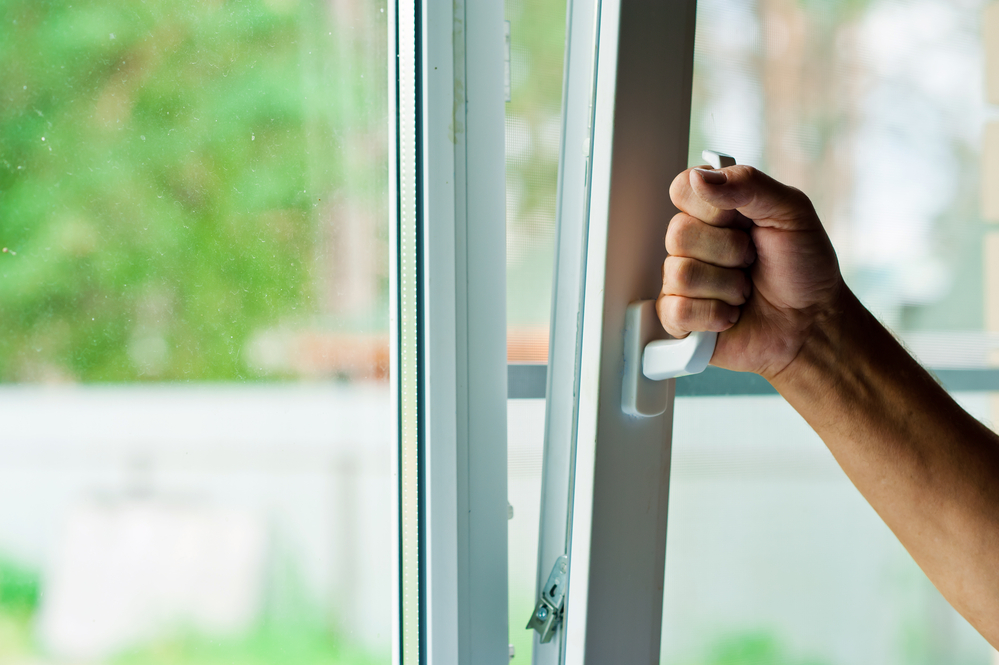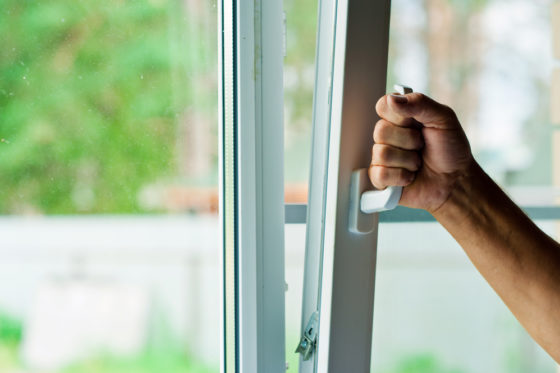Dutch health body says ventilation does cut coronavirus transmission risk


Dutch public health institute RIVM has published research showing that increasing ventilation in indoor spaces does decrease the spread of coronavirus.
The research was commissioned by the health ministry after MPs backed an investigation into whether Dutch building standards on ventilation were sufficient to combat the virus spread.
The researchers used scientific models to calculate the extent to which different ventilation rates would reduce the number of people becoming ill with coronavirus.
The impact was determined for various scenarios, including a nightclub, a classroom, a concert venue and an office space.
The research showed that ventilation does limit the aerogenic transmission of coronavirus – infection caused by inhaling virus particles carried in tiny droplets that remain suspended in the air for a long time.
The calculations showed the biggest difference was observed between spaces with no ventilation at all and ventilation according to the minimum requirements set down in building law.
The biggest impact in the experiments was on infections in the night club. One infected person in the space for three hours would infect 8.4 other people without ventilation but only 2.4 if building regulations were met.
However, ventilation never completely removes the risk of aerogenic transmission. Even with very high ventilation, with all the indoor air being completely renewed every two minutes, there is still a chance of the virus being transmitted, the RIVM said.
Ventilation only became part of the government’s basic rules for combating coronavirus in July.
The World Health Organisation said at the end of April the virus can spread via aerosols over distances of more than a metre in poorly ventilated, busy indoor spaces. The CDC, the US equivalent of the RIVM also made similar comments.
Thank you for donating to DutchNews.nl.
We could not provide the Dutch News service, and keep it free of charge, without the generous support of our readers. Your donations allow us to report on issues you tell us matter, and provide you with a summary of the most important Dutch news each day.
Make a donation